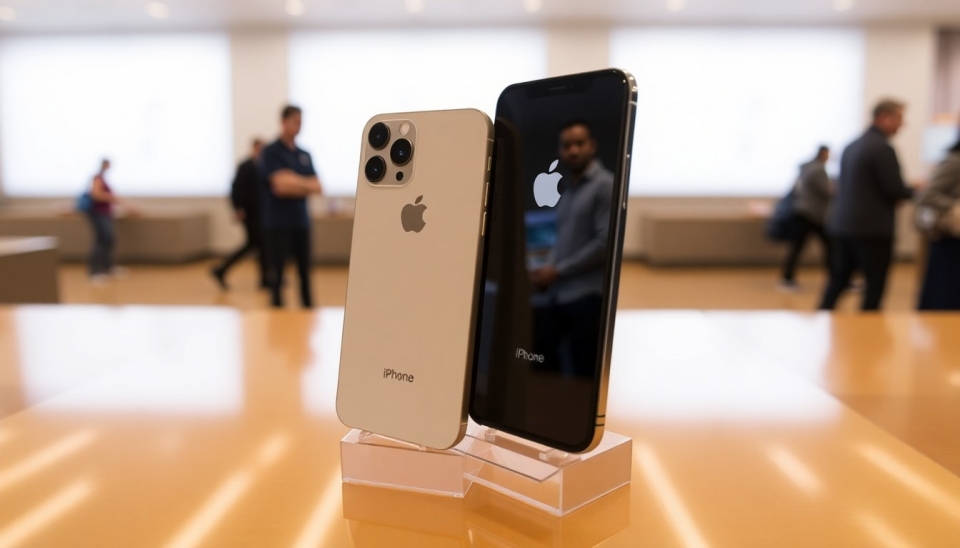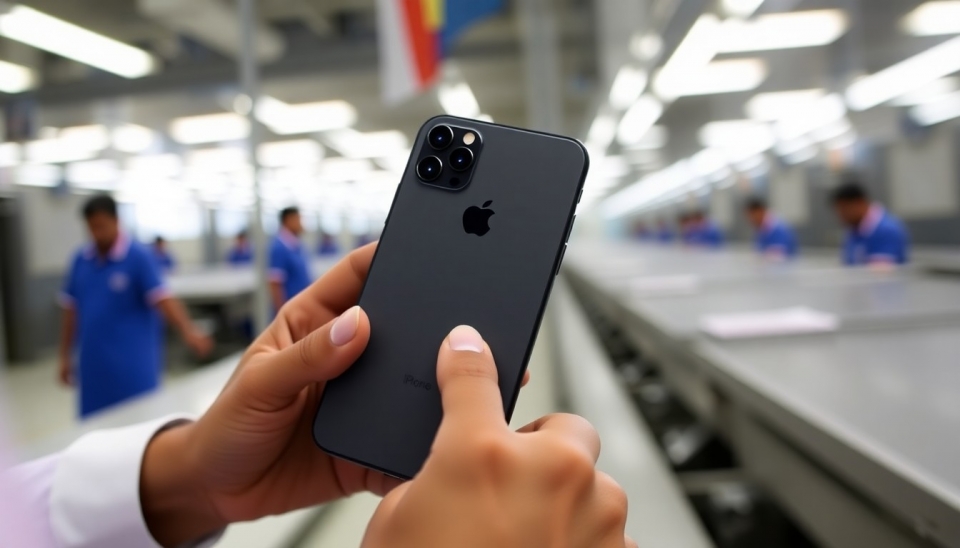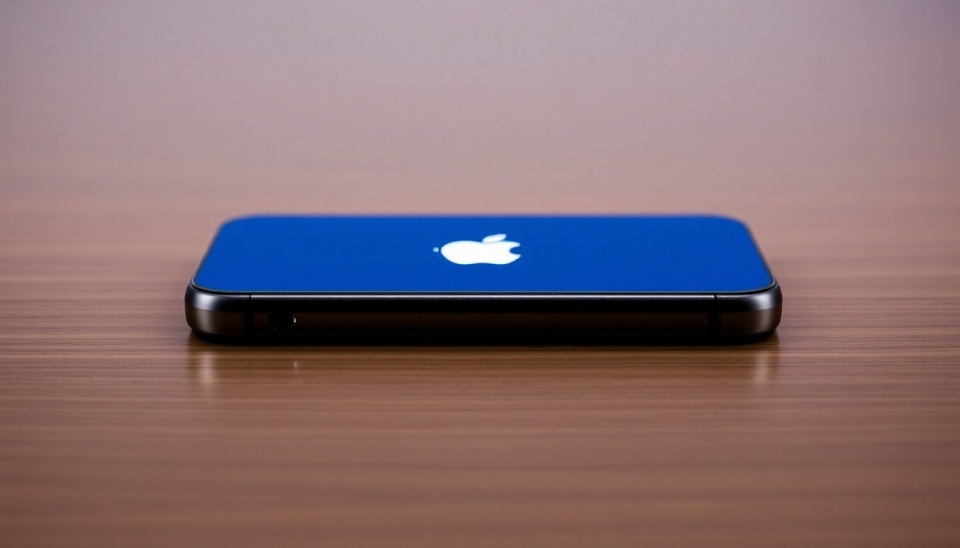
In a significant shift regarding its business model, Apple has made the decision to halt its long-running efforts to create a subscription service for iPhone hardware. This initiative, which had been in development for quite some time, aimed to allow customers to pay a monthly fee to lease their iPhones rather than purchasing them outright. The move underscores Apple's evolving strategy amid changing consumer behaviors and a challenging economic landscape.
According to sources familiar with the matter, Apple has encountered a myriad of challenges during the development of this subscription service. The company initially hoped that a subscription model would not only boost sales for its flagship product but also attract more users into its ecosystem of services. However, internal hurdles related to pricing, logistics, and customer apprehension about paying for devices without ownership may have played a critical role in the decision to subsequently pull the plug on the program.
Despite the potential that an iPhone subscription service could have had for enhancing customer loyalty and generating steady revenue, Apple opted to refocus its efforts on other avenues that might yield a more immediate and sustainable return on investment. The tech giant appears keen on enhancing its existing offerings and exploring new service models that align more closely with current market trends and consumer expectations.
Experts have suggested that the decision to abandon the iPhone subscription initiative reflects broader trends in the technology market, where companies are reevaluating their subscription models and adjusting to a post-pandemic world. The ongoing effects of an economic downturn have guided many corporations, including Apple, to rethink their strategies and consider alternative methods to ensure customer engagement and retention.
While detailing reasons for this decision, Apple officials did not comment directly on the program's discontinuation. However, it is increasingly apparent that the company is strategically prioritizing its flagship software and services, such as its expanding iCloud offerings, Apple Music, and the Apple TV+ streaming service. These areas have shown more resilience during economic fluctuations, providing a more stable revenue base for the company.
Moving forward, Apple’s focus seems to be on improving the overall customer experience and driving loyalty through its current subscription services, rather than delving into the complicated arena of hardware leasing. With the iPhone still sitting at the helm of Apple's product lineup, it will be interesting to see how the company plans to stimulate interest and boost sales without leaning into a subscription model for devices.
As the market continues to shift, and with consumers becoming more selective about their tech investments, the decision to halt the iPhone subscription service might ultimately help Apple streamline its priorities and ensure that it remains competitive in an increasingly saturated tech landscape.
With ongoing refinements to its existing platforms, Apple appears positioned to maintain its stronghold on the market, although it will need to keep a close eye on emerging trends and continuously adapt its strategies to meet consumer needs.
#iPhone #Apple #Subscription #Service #Tech #News #Market #Trends
Author: John Miller




